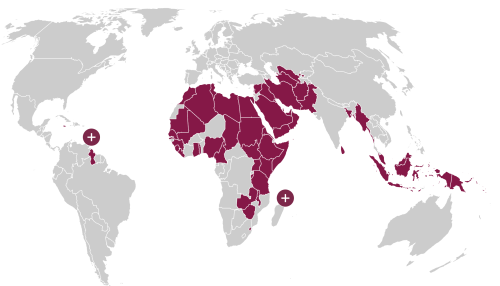In October 2023, Mauritius’ Supreme Court declared a law that criminalised same-sex intimacy between men unconstitutional. The case, brought by Abdool Ridwan (Ryan) Firaas Ah Seek with the support of the Human Dignity Trust, challenged the constitutionality of Section 250 of the Mauritian Criminal Code, which dated back to 1838. The provision criminalised ‘sodomy’ and anyone convicted could face a maximum penalty of five years’ imprisonment.
In the judgment, the Supreme Court judges underlined the constitutionally protected right to non-discrimination, stating, ‘…are there any valid reasons for the State to discriminate against the plaintiff having sexual intercourse in the only way available to him? The present case concerns the most private and intimate aspects of the identity of homosexual men, namely the manner in which they have sexual intercourse. Accordingly, there must exist particularly serious reasons for the State to justifiably interfere with the manner in which homosexual men choose to have consensual sexual intercourse in private.’
The law was inherited from the British during the colonial period, in which the English criminal law was imposed upon Mauritius, and was retained upon independence in 1968, only shortly after the corresponding law was removed from the statute books in England in 1967.
In their reasoning the judges also overtly recognised the legacy of colonial-era laws, remarking that, ‘Section 250 was not introduced into Mauritius to reflect any Mauritian values but was inherited as part of our colonial history from Britain. Its enactment was not the expression of domestic democratic will but was a course imposed on Mauritius and other colonies by British rule.’
Read the judgment



